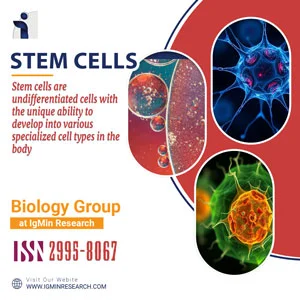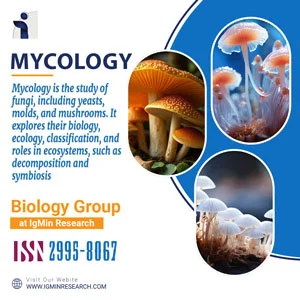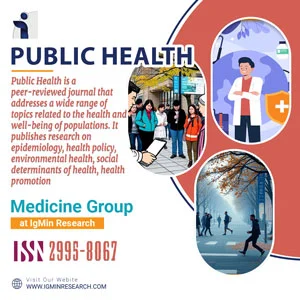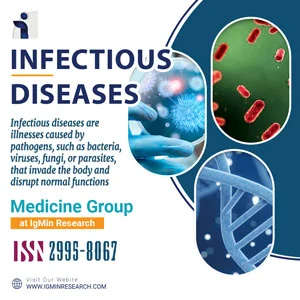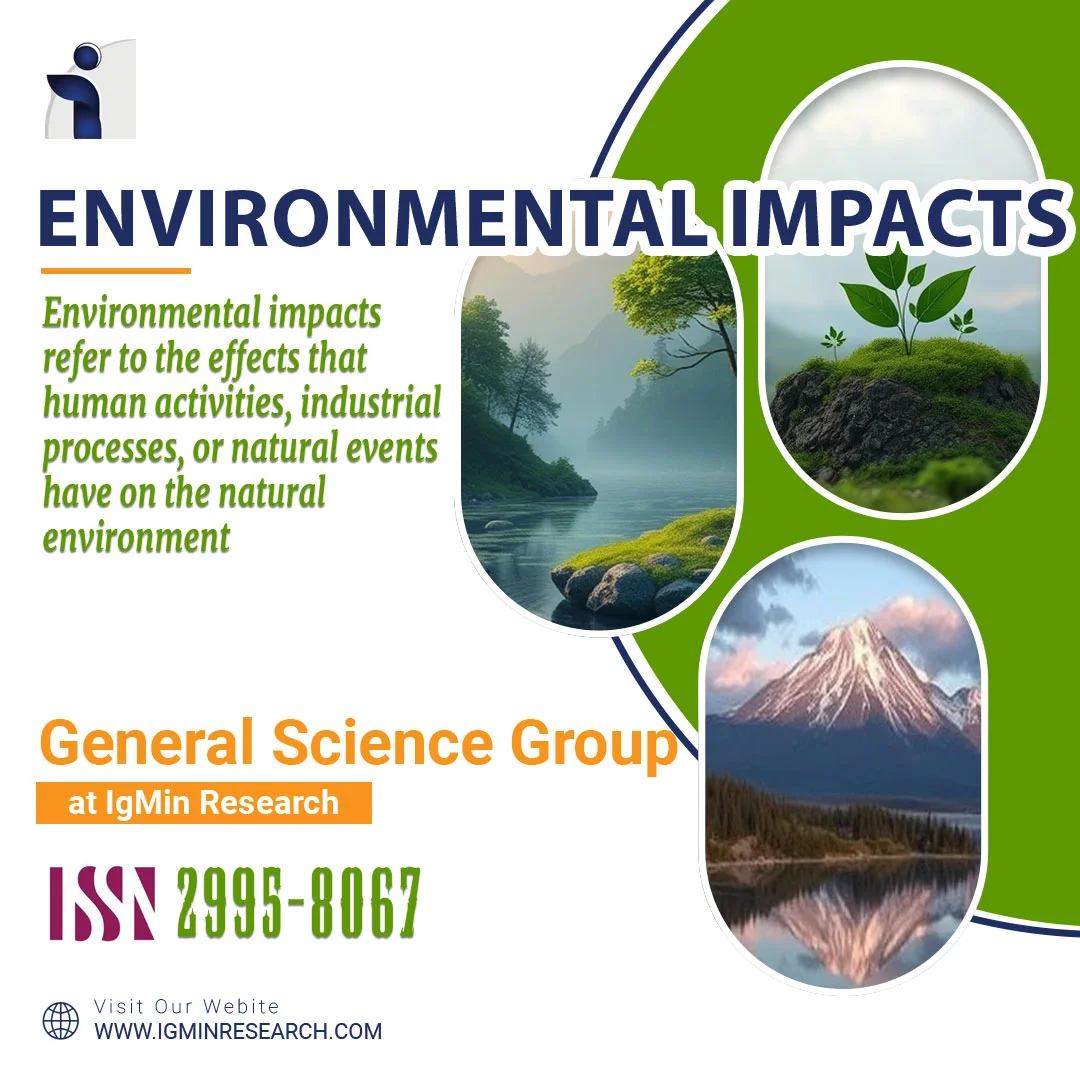Welcome to IgMin Research - A BioMed & Engineering Open Access Journal, your gateway to a diverse world of scientific exploration and innovation. We proudly stand at the forefront of scholarly dissemination, bringing together the realms of Biology, Medicine and Engineering under a single umbrella. With a commitment to open access and knowledge democratization, we aim to empower researchers, scholars, and enthusiasts across the globe to explore, contribute, and collaborate.
Biology Group (44)
Engineering Group (21)
Medicine Group (71)
At IgMin Research, our mission is to foster interdisciplinary dialogue and accelerate the advancement of knowledge across a wide spectrum of scientific domains. With a rich tapestry of 250 distinct topics collectively spanning the disciplines of Sciences, Technology, Engineering, and Medical Sciences, we provide a platform where the boundaries between traditional fields dissolve, giving rise to new synergies and possibilities.
Our vision is one of collaboration and enlightenment, where researchers, practitioners, and enthusiasts come together to push the boundaries of knowledge. With a commitment to openness, integrity, and inclusivity, we strive to create a dynamic environment that fuels innovation and fosters interdisciplinary connections.
Whether you are a seasoned researcher or an aspiring student, IgMin Research invites you to embark on a journey of exploration and discovery. Engage with our diverse array of topics, contribute your insights, and immerse yourself in a community that values multidisciplinary synergy and scientific excellence.
Are you passionate about contributing to the advancement of knowledge? At IgMin Research, we invite you to submit your research and insights for publication. Join us in our mission to expand the frontiers of human understanding and create a lasting impact in the world of Biology, Medicine, and Engineering.
Stay connected with IgMin Research through our digital platforms and social media channels. Engage in discussions, share your thoughts, and be a part of a vibrant community that celebrates the convergence of Biology, Medicine and Engineering.
-
IgMin Research - A BioMed & Engineering Open Access Journal
We envision a future where multidisciplinary collaboration paves the way for groundbreaking discoveries and transformative advancements. Join us on this exciting journey of exploration and innovation.




